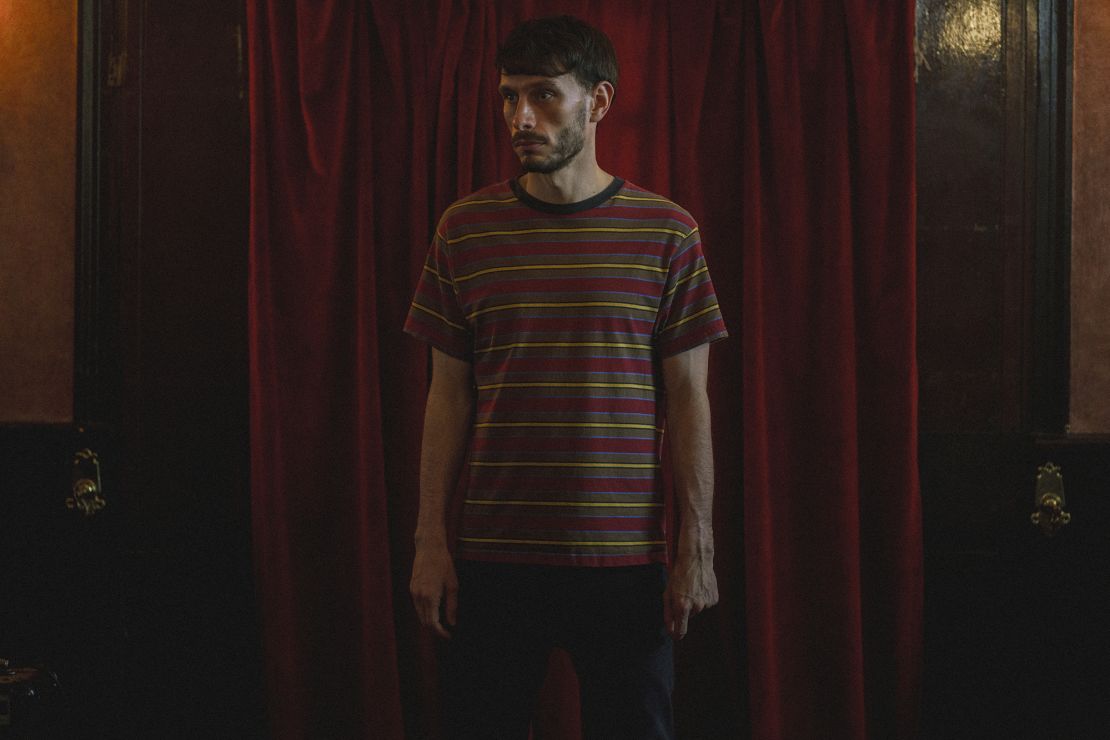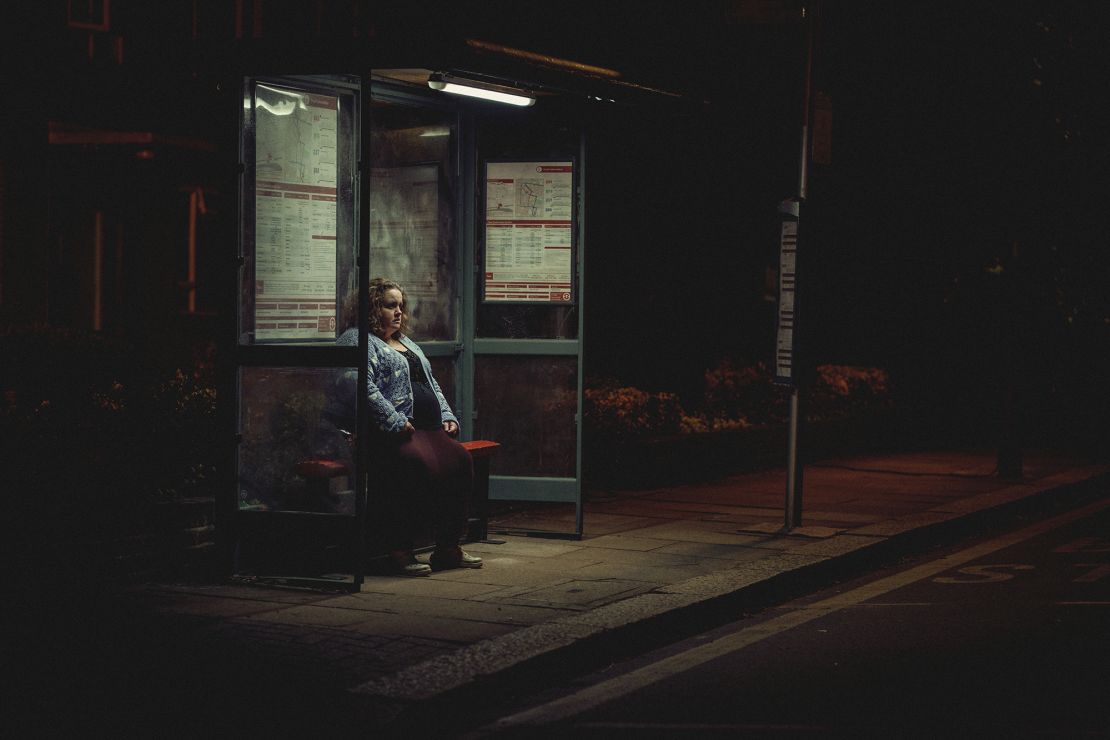
Ed Miller/Netflix
A Scottish woman accused of stalking “Baby Reindeer” creator and star Richard Gadd can proceed with her defamation lawsuit against Netflix, after a federal judge in California refused to dismiss all of the claims.
In a ruling published on Friday, Judge R. Gary Klausner wrote that “Baby Reindeer” “appears to present itself as fact” rather than as a representation of Gadd’s opinion by stating at the beginning of the show that “this is a true story.”

Ed Miller/Netflix
Judge Klausner also wrote that while Fiona Harvey’s “purported actions are reprehensible,” the differences in how the show depicted these “could produce a different effect on the mind of a viewer,” and thus the defendants’ argument that the statements about Harvey were “substantially true” fails at this stage.
A spokesperson for Netflix told CNN that it has no additional comment beyond its original statement on the suit when it said: “We intend to defend this matter vigorously and to stand by Richard Gadd’s right to tell his story.” CNN has also contacted Gadd for comment.
In the Emmy-award winning Netflix miniseries, Gadd recounts, what is billed as a “true story” of being stalked by a woman who bombards him with more than 40,000 emails and hundreds of hours of voice messages.
The show topped most-watched lists worldwide after its debut in April, generating headlines and speculation about the characters and who inspired them. Harvey, who was quickly tracked down by online sleuths who labeled her the “real Martha Scott,” filed a complaint in the District Court for the Central District of California in June, seeking a jury trial and damages totaling $170 million.
Gadd previously told UK newspaper The Guardian the story is “very emotionally true … But we wanted it to exist in the sphere of art, as well as protect the people it’s based on.”
His repeated requests, however, for viewers to cease trying to find out the real-life identities of the figures in his story went unheard.

Ed Miller/Netflix
In the lawsuit, Harvey alleges “several key differences” between herself and the character Martha, who stalked Gadd’s character Donny Dunn. Specifically, Harvey says viewers concluded that she was also “a twice convicted criminal that spent five years in prison for stalking,” had “stalked a police officer,” “sexually assaulted Gadd in an alley,” “violently attacked Gadd … gouged his eyes with her thumbs,” and “stalked Gadd by waiting outside his home every day for up to 16 hours a day.”
In his order, Judge Klaussner addresses Netflix’sargument that these examples were “substantially true,” a commonly used defense against defamation which contends that the overall gist of a claim is true. The streaming company argued that although Harvey is not a twice-convicted criminal, “she could have been convicted and sentenced to five years in prison,” and that she got “’handsy’ with (Gadd), pinching him and touching various parts of his body including his “bum” without consent.”

Klausner disagreed with Netflix’s argument, writing that “there is a major difference between stalking and being convicted of stalking in a court of law. Likewise, there are major differences between inappropriate touching and sexual assault, as well as between shoving and gouging another’s eyes.”
Klausner also held Harvey may be able to show “actual malice” if Netflix knowingly depicted fictionalized events as fact. As potential evidence for this, he referenced The Sunday Times’ reporting, citing sources in the TV industry, that Gadd allegedly had concerns representing “Baby Reindeer” as completely true, and that the stage play from which the show was adapted billed itself as “being based on a true story.”
While the judge allowed the defamation and intentional infliction of emotion distress claims to proceed, he did dismiss Harvey’s negligence, gross negligence and right of publicity claims, as well as her request for punitive damages.


